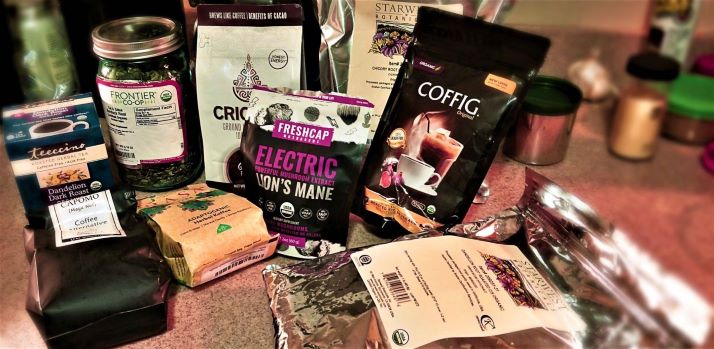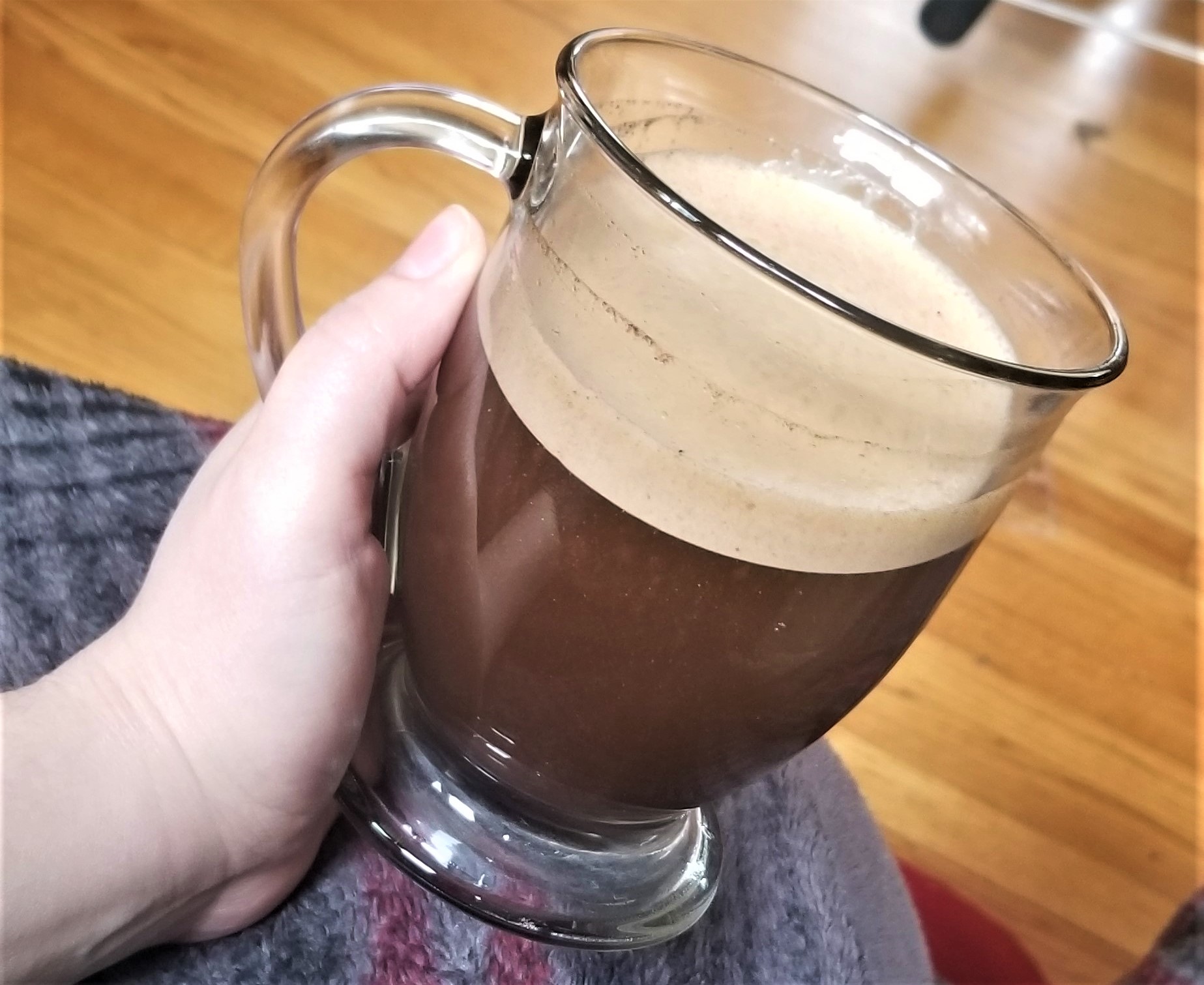Self-care week is here! For at least the last year or so, Week 13 has turned into self-care week. Student clubs and some faculty host events and talks-all with the focus of taking care of yourself, so that you can take care of others. Activities include everything from Tui Na massage, to Tarot Card reading, giving students the opportunity to reset their brains before the last push of studying begins.

This trimester, my self-care mission is to find an alternative to coffee that tastes good and satisfies my morning beverage needs. Finding alternatives to coffee is probably be one of the last things that I should be thinking about with finals fast approaching, but none the less, here I am testing out a whole bunch of new drinks to see if one is a better fit. Between the kids and school, there is an overwhelming level of dependence that I have developed on coffee over the last few years. It would be great to be able to start my day without caffeine and not end up half asleep or with a headache by midday. I know that I am not alone in my attachment given that there is some place to buy freshly brewed coffee on nearly every non-residential block; after all, America runs on Dunkin…
While searching for my ideal replacement, the drinks needed to meet these criteria:
#1 – Have the comfort of a warm beverage.
#2 – Rich, slightly bitter, coffee-like flavor
#3 – No caffeine
So, with the help of a friend, we have put together quite the assortment non-coffees to play with. Ingredients are mostly blended with things like chicory, dandelion root, burdock, cacao, carob, mushrooms or adaptogenic herbs. As far as flavor goes, the “not coffee” drinks with carob and cacao have been my favorite so far; the chocolate-ty taste they impart just makes everything better. Of course, I can’t just go with the consumer products on their own, I have to blend them together to find the best taste for me. There has been a bit of a learning curve, but definitely some great successes.

Aside from being tasty, a lot of coffee alternatives are high in fiber and antioxidants. Chicory, one of the most common substitutes for coffee contains inulin, a soluble fiber, which benefits the gut and can help decrease blood sugar and LDL cholesterol. The plant itself is closely related to ragweed, so if you know you have an allergy it’s probably best to avoid the stuff. Things like dandelion and burdock root tend to be used in liver detoxification protocols. Most of the ingredients have chemical components that act as cholagogues, increasing secretion of bile by the gallbladder. They can help some people with digestion, but could cause symptoms in those with gallstones, ulcers, and heartburn. There is enough variety to deal with most contraindications, so if you want to step away for your usual “Cup of Joe,” there could be an option for you.




0 Comments